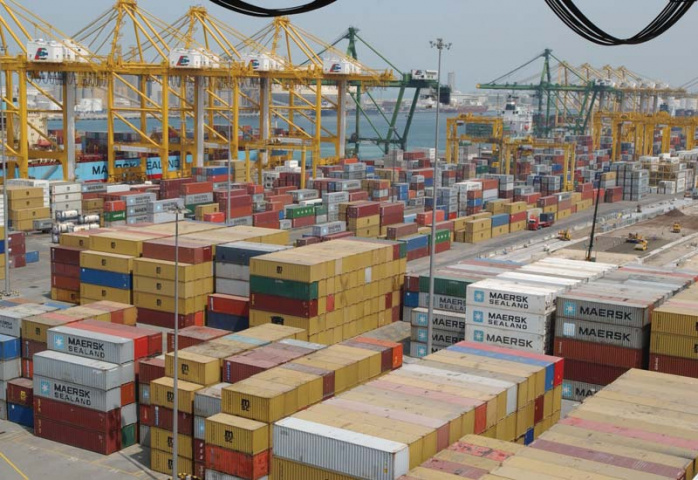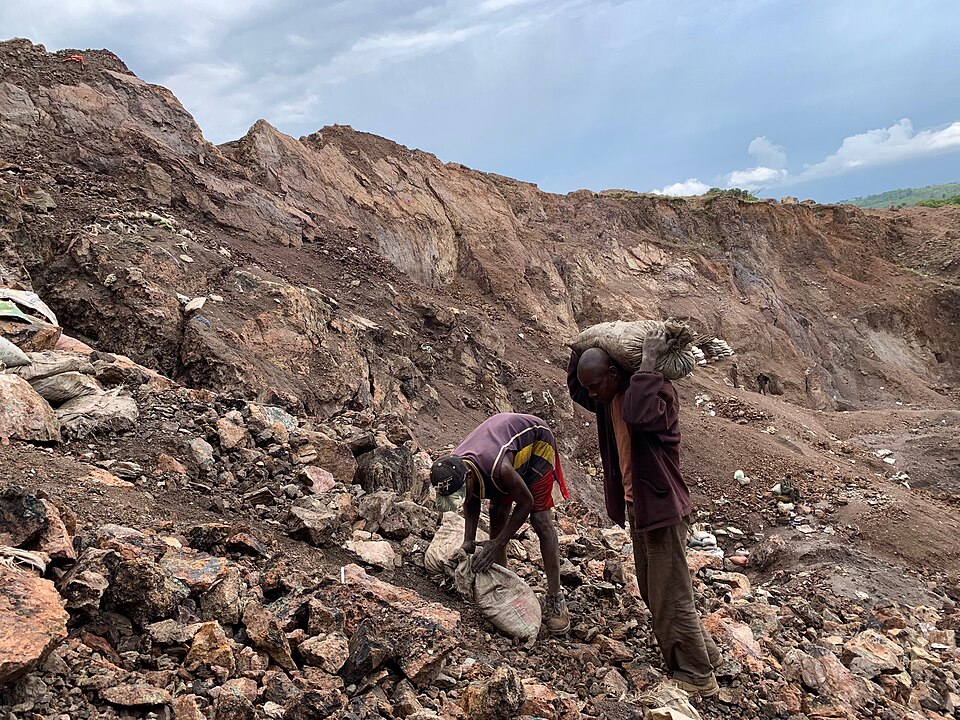Seeing ports at the center of global capitalism.

We couldn't see the shift of manufacturing to Asia and Southeast Asia if it weren't possible for those goods to travel from the Pacific to the largest markets in Europe and the Americas. We wouldn't be able to see the ways the US consolidates its power over the Western hemisphere, if it did not have the ability to put in place the Panama Canal, and institute rules and regulations that supported its own coastal trade while allow it to project its own maritime power overseas through transnational bodies. The maritime powers of every age - whether commercial or naval - are a reflection of the kind of capitalism, and the kind of imperial powers we have in that age.
International politics scholar Laleh Khalili explores shipping ports at the nexus of global power - where workers, machines and commodities operate under the dictates of the global economy, and the adaptive, expansive nature of capitalism itself.
Laleh is author of the book Sinews of War and Trade: Shipping and Capitalism in the Arabian Peninsula from Verso.
Guest
Laleh Khalili
Laleh Khalili is Professor of Gulf Studies at the University of Exeter. An expert on transnational politics, she has written widely on globalisation, capital and neo-colonialism, and has worked as a consultant and an engineer. Her recent books include Extractive Capitalism, Sinews of War and Trade, and The Corporeal Life of Seafaring.
More with Laleh Khalili


